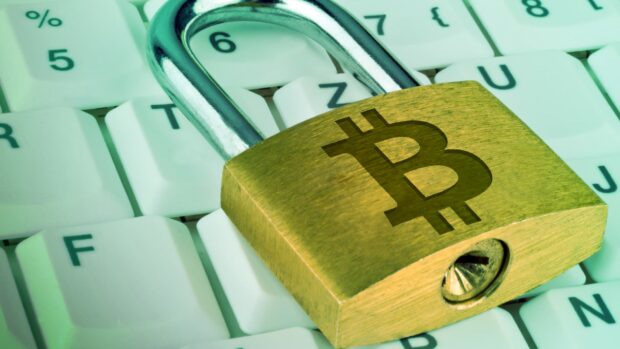With a global user base of 81 million wallet users, Bitcoin is progressively becoming an attractive alternative to fiat currency and traditional banking. Yet another remarkable perk of this cryptocurrency is its perceived anonymity. However, Bitcoin’s transactions are public and visible to millions of users across the world. In what follows, we discuss Bitcoin’s privacy, traceability, and several strategies to stay safe while making transactions.
Understanding Bitcoin Privacy And Traceability
There are several types of financial transactions that offer different degrees of privacy and anonymity. Cash is the most private and anonymous type as none knows your identity or what you purchased and for what amount. By contrast, all Bitcoin transactions are public, traceable, and permanently recorded in a public blockchain for anyone to see anytime, anywhere.
However, Bitcoin’s blockchain does offer pseudo-anonymity. Bitcoin addresses, for example, are the only piece of information that serves to define where Bitcoins are allocated and where they are sent. These addresses are created privately by each user and are pseudonymous. In other words, even though a transaction can be linked to a specific address, that address won’t be necessarily connected to your identity.
It is important to bear in mind that, once an address is used, it becomes associated with the history of all the involved transactions. The transactions and balances of an address become visible to everyone. Furthermore, in order to receive services or items, users may have to disclose their identities. Due to these reasons, you should adopt good measures that will ensure your safety and privacy while using Bitcoin.
How Can You Protect Your Privacy?

1. Use multiple addresses
As previously mentioned, creating a Bitcoin wallet generates an address that allows you to make transactions and is visible to blockchain users. To safeguard your privacy, use multiple addresses for different purposes.
2. Be careful with public spaces
If you aren’t receiving public donations, avoid sharing your Bitcoin address on a website or social media. In addition, refrain from publishing any information regarding your purchases or transactions so your address isn’t identifiable.
3. Hide your IP address
IP addresses may be linked to Bitcoin addresses. For an extra layer of privacy, you can hide your IP address with a tool or software that enables anonymous communications.
4. Learn to spot scams
Scammers often trick people into sending cryptocurrency to a compromised digital wallet or disclosing sensitive data such as security codes. “Too good to be true” opportunities, excessive marketing, and poorly written emails are signs of crypto scams.
If you are receiving a high influx of suspicious emails and texts, think about removing your personal info from the Internet. Not only will this decrease the number of unwanted messages, but will also boost your protection against cybercrime.

To Conclude
In order to protect your privacy when using Bitcoin, it’s important to adopt good practices, including using multiple addresses, not sharing sensitive data online, hiding your IP address, and learning to identify potential scams.
 Comeau Computing Tech Magazine 2024
Comeau Computing Tech Magazine 2024




